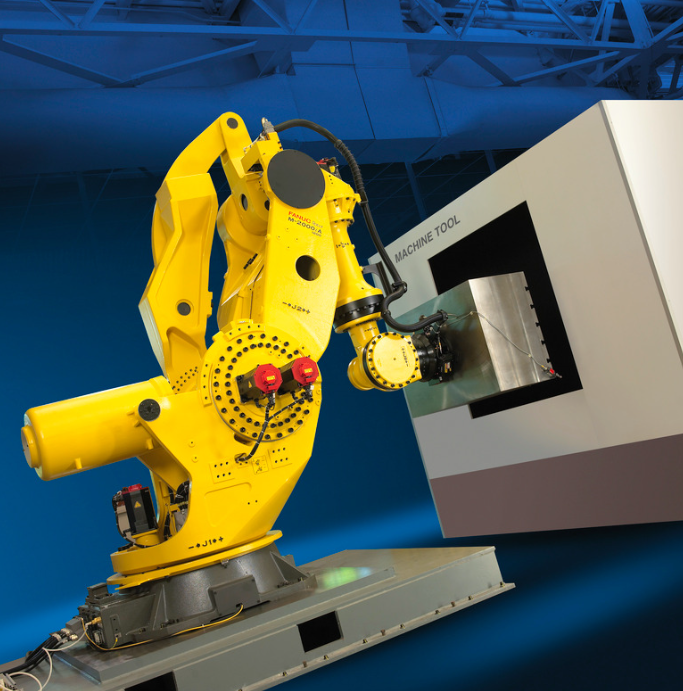In the last few decades, Computer Numerical Control (CNC) machine machining has revolutionized the world of engineering and manufacturing. CNC machining was developed by integrating digital technologies with traditional machining methods. It has since become the most popular method for manufacturing high-precision parts and components across a range industries. This article focuses on CNC machine’s mechanics, its benefits and the numerous applications it has, emphasizing the impact it has had on modern engineering.
The machining process of CNC is a complex one
CNC machining employs a subtractive process that removes material from a workpiece or solid block in order to achieve the desired shape. This process is guided by pre-programmed computer software that determines the movement of the machinery. The code for CNC machines can vary depending on the machine type and the complexity of the part being manufactured. But the basic principle remains the the same: a high-speed cutter meticulously cuts off the material in order to create the finished product.

Precision is one of the main benefits of CNC machine. The digitalized process makes it possible an extremely precise and reliable production, which reduces human error while making sure that batches are uniform across. This level of precision is essential in industries that can be affected by even the slightest deviations, like automotive manufacturing, aerospace and medical equipment.
The role of digitalised computers for CNC machine operation
The integration of digital technology is the heart of CNC machine’s effectiveness and precision. CNC machines operate by special software that makes the entire manufacturing process more efficient. The software converts computer-aided design (CAD), models into precise directions that are later executed by CNC machines to produce components. The instructions are what control everything, starting from the speed of and the direction of the machine to the angle and thickness of the cut.
In industrial facilities with large scales computers are typically integrated directly into CNC machines. This allows for seamless communication and controls. This integration enables real-time monitoring that guarantees optimal performance and reduces the amount of downtime. The automation of CNC machineries also permits continuous operation, greatly increasing productivity while cutting down lead times.
CNC Machining Has Many Advantages
CNC machining offers numerous advantages over other methods of manufacturing. The ability to create intricate and complex components with high precision is one of its most important benefits. CNC machining’s accuracy reduces the need for adjustments manually and then rework. It reduces waste, and increases efficiency. CNC machines are also able to operate in a continuous manner. This makes them perfect for large-scale production runs.
CNC Machining also has another benefit: the flexibility. The same machine is able to make a range of components by simply altering the software. CNC machineries have a high degree of adaptability, which makes it ideal for prototyping. It can also be used for large-scale production.
The automation of CNC machines can also improve the safety of workers. To reduce the risks of injuries and accidents, manual intervention can be decreased. CNC-machined parts are also more durable and perform better, increasing the satisfaction of customers.
CNC Machining Services: Benefits to Industries
The versatility, precision and effectiveness of CNC machining is utilized in many industries. In aerospace, CNC machines produce critical components that must meet stringent standards of safety and performance. CNC machines are used in the medical device sector to manufacture sophisticated surgical instruments and implants. Accuracy is of paramount importance.
CNC machining can be used to make transmissions, engine parts as well as intricate interiors and exteriors for the automotive industry. Similar to this, the electronics sector benefits from the CNC’s capability to create small, detailed parts that are used in consumer electronics, communications devices, as well as other electronic items. The art and jewelry industries also use CNC technology to create custom pieces and intricate designs.
The Future of CNC Machining
CNC capabilities for machining will continue to expand as technology advances. Multi-axis machining as well as additive manufacturing integration are expected to continue pushing CNC technology’s limits. Artificial intelligence and machine learning are also expected to improve CNC machining.
In conclusion, CNC machining has profoundly impacted modern engineering and manufacturing, offering unparalleled precision as well as efficiency and flexibility. Because of its high-precision ability to create intricate components, CNC machining has become an essential tool in a wide range of industries. CNC machining is expected to play a vital role as technology improves.